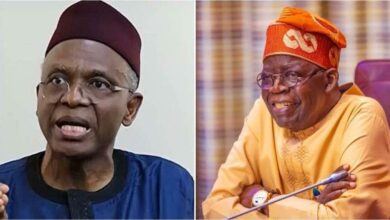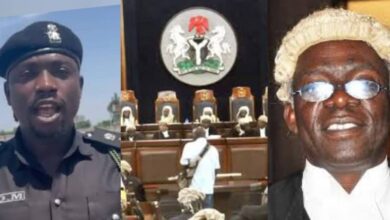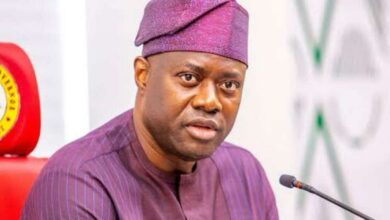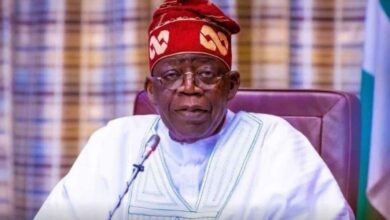Supreme court to rule on 16 Governor’ suit against EFCC today

The Supreme Court is set to issue a pivotal ruling today on the legality of the Economic and Financial Crimes Commission (EFCC), in response to a lawsuit filed by 19 state governments.
These states are challenging the constitutional foundation of the laws that established the anti-corruption agency.
This decision is eagerly anticipated by both the state governors and the EFCC, with significant implications for the agency’s operations across the nation.

The contention arises from a previous Supreme Court judgment in the case of Dr. Joseph Nwobike Vs. Federal Republic of Nigeria, where it was noted that the EFCC Establishment Act originated from a United Nations Convention against corruption.
The state governments argue that the enactment of the EFCC law in 2004 did not adhere to Section 12 of the 1999 Constitution, as amended, which requires any international convention to be ratified by a majority of state assemblies before being domesticated into Nigerian law.
This lawsuit, initiated by Kogi State and supported by states including Ondo, Edo, and Oyo among others, posits that the EFCC, as currently constituted, operates unconstitutionally in states that did not ratify the convention.
They argue that any actions by the EFCC in these states are therefore illegal.
The seven-member panel, led by Justice Uwani Abba-Aji will determine the suit.
On the defense, the EFCC expressed concerns that the challenge to its framework stems from entities affected by its anti-corruption efforts.
The EFCC’s Director of Public Affairs, Wilson Uwujaren emphasized the necessity of the commission’s role in combating corruption during a recent interview on Channels Television’s The Morning Brief.
Uwujaren said, “We are shocked by what is happening. Nigerians should see through this shenanigan and oppose it because I don’t see how this country can survive without the EFCC, given the kind of corruption problem that we have. Nigeria cannot do without the EFCC.
“I am worried that, with the kind of problem we have with corruption in this country, some people would go to court to challenge the legality of the EFCC.
“For citizens in their states, I am not sure that the EFCC is their greatest problem. I doubt that this is the case. What you see playing out is simply people who are feeling the heat of the work of the EFCC and who want to derail what is going on within the EFCC.
“They see the EFCC as a threat, which is what is playing out. I think Nigerians can see through the gimmick of those who are behind the challenge to the legality of the commission.”
The EFCC official noted that those behind the call for the overhaul were determined to “derail” the commission’s anti-corruption fight.
“So, people who are concerned about transparency and accountability will wish for the EFCC to be ‘killed’. Let me use the word ‘killed’ because that is the agenda.
“They simply want to derail the fight against corruption because they don’t want accountability in their domains,” he said.





